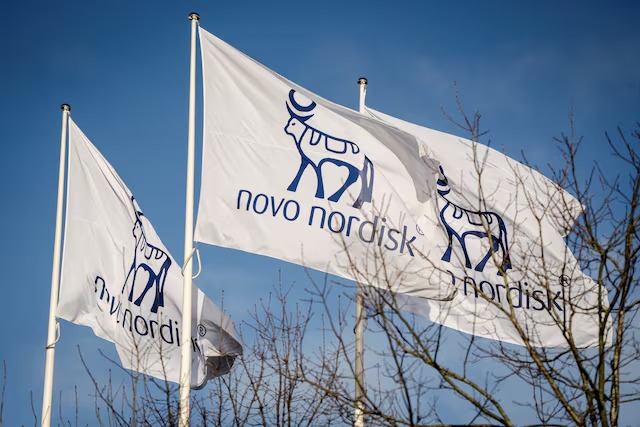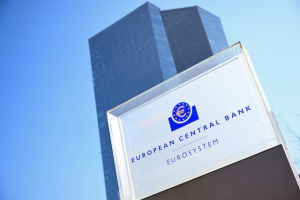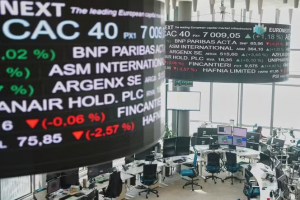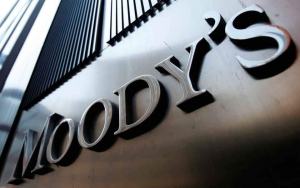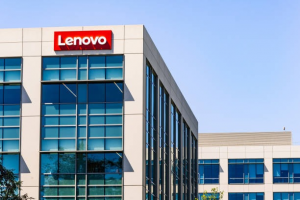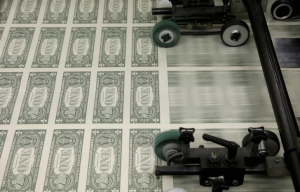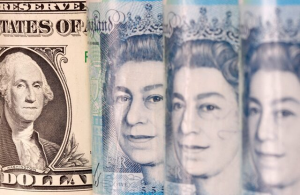Danish drugmaker Novo Nordisk (NOVOb.CO), opens new tab has bought global rights to China-based United Laboratories International's (3933.HK), opens new tab so-called "triple-G" weight-loss drug candidate in a deal worth up to $2 billion.
Novo has been trying to strengthen its foothold in the potential $150 billion obesity market through the development of next-generation drugs, acquisitions and partnerships. With the United Lab deal, it has gained the rights to develop, manufacture and sell its experimental drug, UBT251.
UBT251 belongs to a class of drugs that target a combination of gut and pancreatic hormones to potentially attain greater weight loss compared to the currently popular GLP-1 receptor agonists, such as Novo's Wegovy and Lilly's Zepbound, which target only the GLP-1 hormone.
UBT251 targets GLP-1, GIP, and a third hormone, glucagon, hence the name "triple G".
Rival Eli Lilly (LLY.N), opens new tab is developing a similar drug, retatrutide, that has shown to help patients lose up to 24.2% of their weight in a mid-stage study.
This has added pressure for Novo, which hit a roadblock in recent months after disappointing data for its keenly watched next-generation obesity drug candidate, CagriSema, toppled shares and stoked worries that Lilly was gaining an edge.
BMO Capital Markets analyst Evan Seigerman said early data from UBT251 shows it is "potentially competitive" with Lilly's retatrutide.
The "licensing deal may be a first step in Novo's larger plan to pursue alternative mechanisms to compete in the high-efficacy weight loss market," said Seigerman.
Novo will make an upfront payment of $200 million and up to $1.8 billion if certain targets are met.
Under the deal announced on Monday, United Lab's unit will retain the UBT251 rights in some regions including Mainland China and Taiwan.
Last year, Merck (MRK.N), opens new tab and Lilly also signed partnerships with Chinese biotechs to develop obesity drugs.
Large pharmaceutical firms continue "to look to Chinese biotech names as a source for cheap early licensing agreements," said Seigerman.

